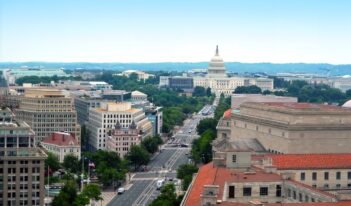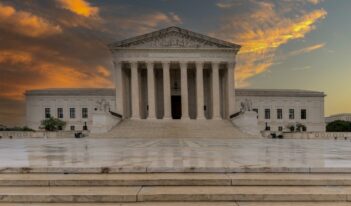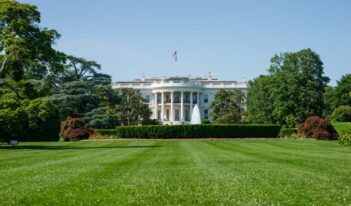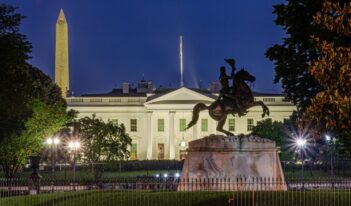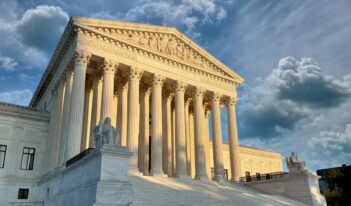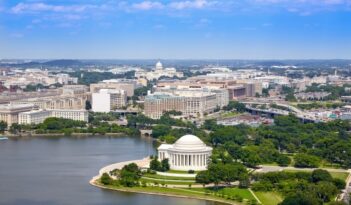Revealing the Submerged Administrative State
The hidden nature of the administrative state contributes to misperceptions of important government policies.
Commemorating Howard Kunreuther
The passing of Penn’s pioneering behavioral economist and risk expert prompts tributes from those whose lives and work he touched.
Regulating Agricultural Water Quality
Contaminated agricultural water is a well-known root cause of foodborne illness that regulators have struggled to address.
Supreme Court Should Not Review Phony Separation of Powers Case
The petitioners in Consumers’ Research v. CPSC lack standing to challenge the Commission’s removal protection.
The U.N.’s Women Peace and Security Agenda After Twenty-Five Years
Future peace-building efforts should reflect evolving technology and its impact on women.
The Supreme Court’s 2023-2024 Regulatory Term
Scholars and practitioners assess the Court’s most significant regulatory decisions of its recently concluded term.
The King (Presumptively) May Do No Wrong
In Trump v. United States, the Supreme Court has expanded executive power and elevated the President above the law.
The Supreme Court as Enabler in Chief
The Supreme Court’s recent decision on presidential immunity threatens the survival of the American Republic.
Two Neglected Effects of Loper Bright
The Supreme Court’s decision to overturn Chevron may have two salutary effects on administrative law.
Moving Administrative Processes Forward, Together
ACUS adopts a series of recommendations to improve agency practices and reduce administrative burdens.
Strengthening Global Connections in Regulatory Governance
The launch of a new International Association on Regulation and Governance can build bridges across disciplines, nations, and generations.
The Importance of Removal Restrictions in a Schedule F World
A second Trump presidency would threaten employment protections crucial to ensuring that governmental decisions are based on independent expert advice.

